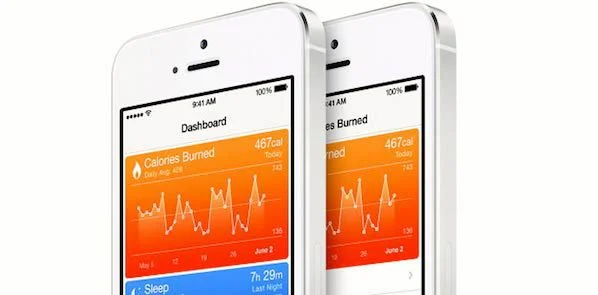No stranger to publicity spectacles, Apple
is once again in the news, this time for its ventures into the health sector.
With the company’s recently-unveiled Health Kit, a new platform for healthcare
apps on iOS8 and a partnership with the prestigious Mayo Clinic, Apple is
challenging its rival Samsung in the arena of mobile health-oriented devices
and services.
Apple’s Advantage
Despite its later launch into healthcare, Apple will benefit from the considerable power of its brand. The company is already familiar to millions of consumers and has a strong presence in the marketplace with its phones, tablets and personal computers, not to mention its media services. Importantly, it is known for its ease of use compared to competitors. Now that it has established partnerships with powerful medical institutions such as the Mayo Clinic and hospital information systems provider Epic Systems, the company stands to gain credibility in the hospital environment.
Samsung’s Strategy
Meanwhile, Samsung had a timely announcement of its own ahead of Apple’s news. The Samsung Architecture for Multimodal Interactions (SAMI) is described as “a cloud-based open software platform capable of bringing together diverse data from a variety of sources for analysis”. Whether or not the gesture was timed to take attention away from Apple’s Worldwide Developers Conference (WWDC) in San Francisco, Samsung already has a few advantages over its competitor thanks to its earlier and more aggressive infiltration into healthcare.
Integration is the Goal
Samsung’s ambition is to bring all of these elements together, combining its display, mobile and semiconductor businesses in a way that will position the company as a global leader in healthcare. Samsung Medison, a subsidiary company, and its foundational electronics business lend credibility to the company as an established leader in medical diagnostics and imaging, medical cloud computing and mobile records access in clinical settings. Like Apple, it also has collaborations with medical companies such as the global health insurance provider CIGNA.
The challenge being posed by Apple stands to benefit both Apple and Samsung, and ultimately the consumer. Mobile technology is increasingly about service, and there is plenty of room for growth and development in the areas of data integration and analysis. When those areas are also associated with cost savings for patients and care providers, business stands to grow at a healthy pace.
Photo Credit: Google Images / Pitango










